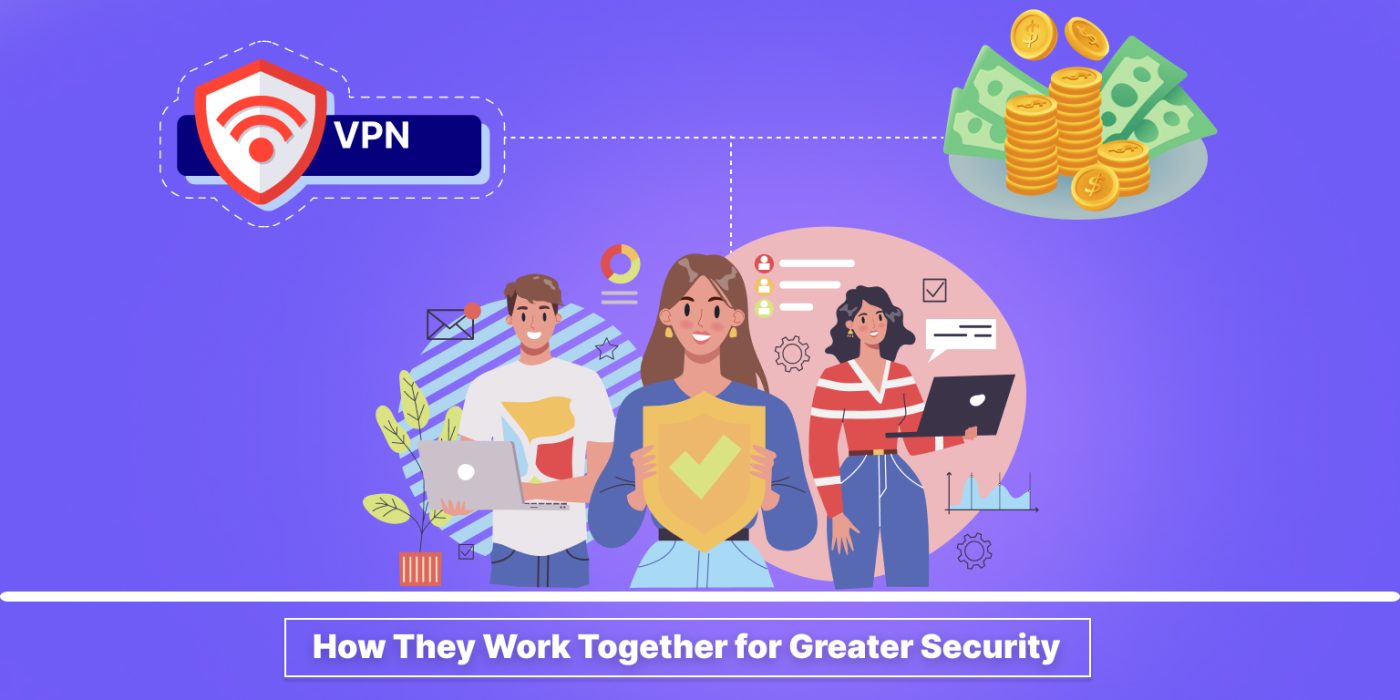Privacy coins, such as Zcash or Monero, are designed with transaction anonymity, while VPNs encrypt internet connections to protect user data. With these technologies combined, the individual will have better ways to transact securely and privately, protected against surveillance and data leaks.
What Are Privacy Coins?
Privacy coins ensure that details of transactions are well hidden using the most advanced cryptographic techniques. In contrast to traditional cryptocurrencies, like Bitcoin, that are based on a public and transparent blockchain, privacy coins don’t disclose the details of the transaction—the address from where, the amount of the transaction, and to whom the money is sent. This added layer of security makes it near impossible for third parties to track and link transactions back to specific individuals or entities, hence maintaining financial privacy in a space otherwise surveilled to the point of scrutiny.
Role of VPNs in Privacy and Security
The role of VPNs in enhancing privacy and security online is by encrypting internet traffic. When connected to a VPN server, all data transmitted between the user’s device and the internet will be encrypted; unauthorized access and monitoring will not be possible. This kind of encryption secures not only any sensitive information, like passwords and financial transactions but also the IP address of a user, making it difficult for third parties to trace their activities online.
Synergy Between Privacy Coins and VPNs
A combination of privacy coins and VPNs, therefore, provides complete security and anonymity during digital transactions. While privacy coins ensure the confidentiality of financial transactions by hiding details of transactions, VPNs take it a step further to encrypt all internet traffic, which includes transactions that have been carried out using such privacy coins. This double protection, therefore, enhances anonymity and secures the risks from surveillance and interception. Such considerations include purchasing whatever goods and services safely over the internet without necessarily letting anybody know where one is located or who they are, hence preserving financial privacy in such a digital economy.
Challenges and Considerations
The use of privacy coins and VPNs has its limitations, notwithstanding the advantages they offer. Regulatory scrutiny and evolving legal frameworks around privacy coins can impact their usability and acceptance in various jurisdictions. In this same spirit, VPNs offer good encryption and privacy options. Still, their quality and reliability are pretty different from one VPN service to another, which has an impact on security in general. Users must also be alert to phishing attacks and malicious activities that exploit the vulnerabilities of these technologies. Convenience and security must be balanced. Therefore, users will always be in the know about the fast-evolving landscapes of threats and adhere to best practices in effecting mitigation of associated risks.
Conclusion
Privacy coins are highly anonymous, and VPNs provide users with communication channels that are encrypted. This combination enables users to transact business in confidence, assured that their financial privacy is protected against any threats that may arise. To know more about PureVPN’s White Label Program and how it can help meet your privacy and security requirements, contact us now.


